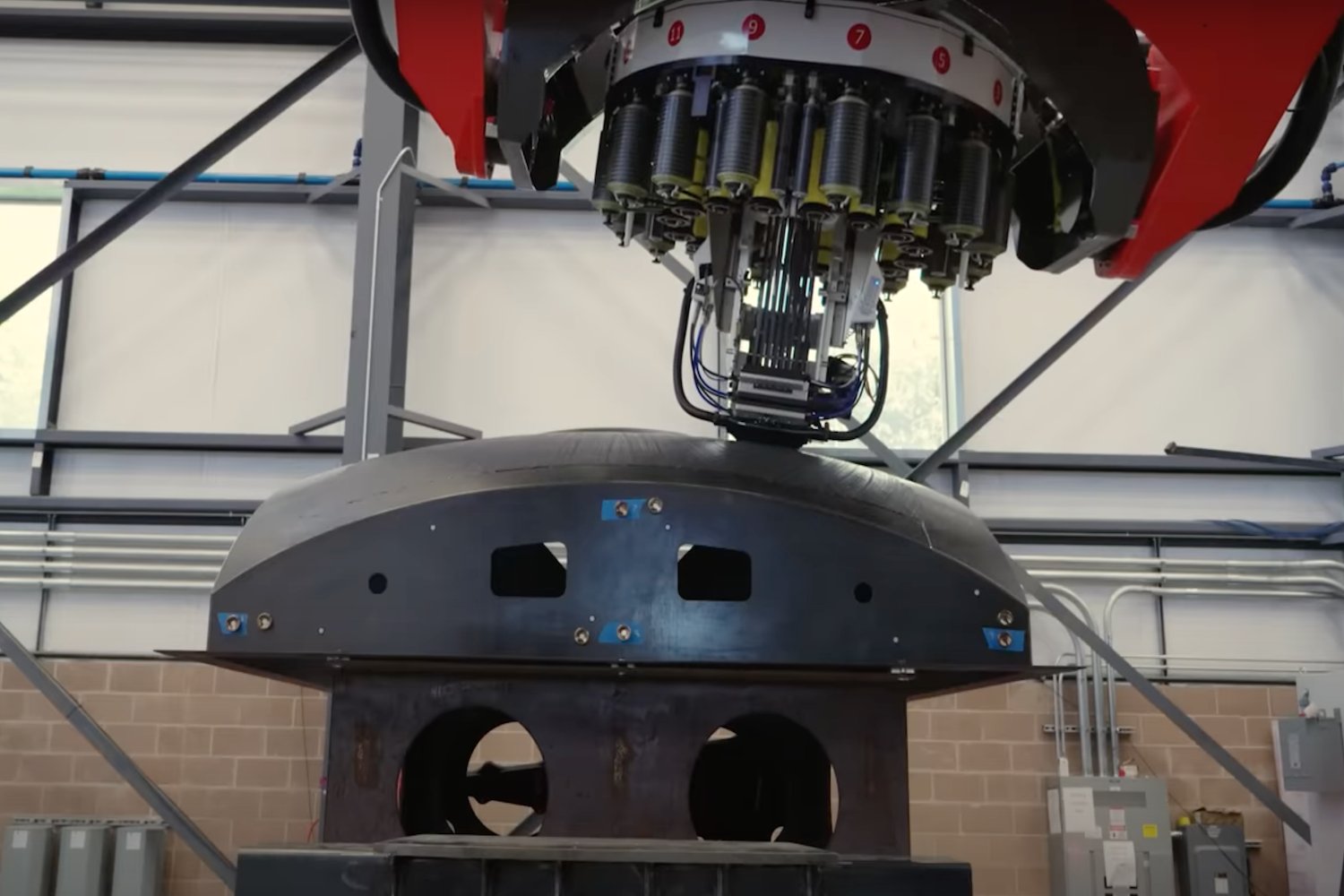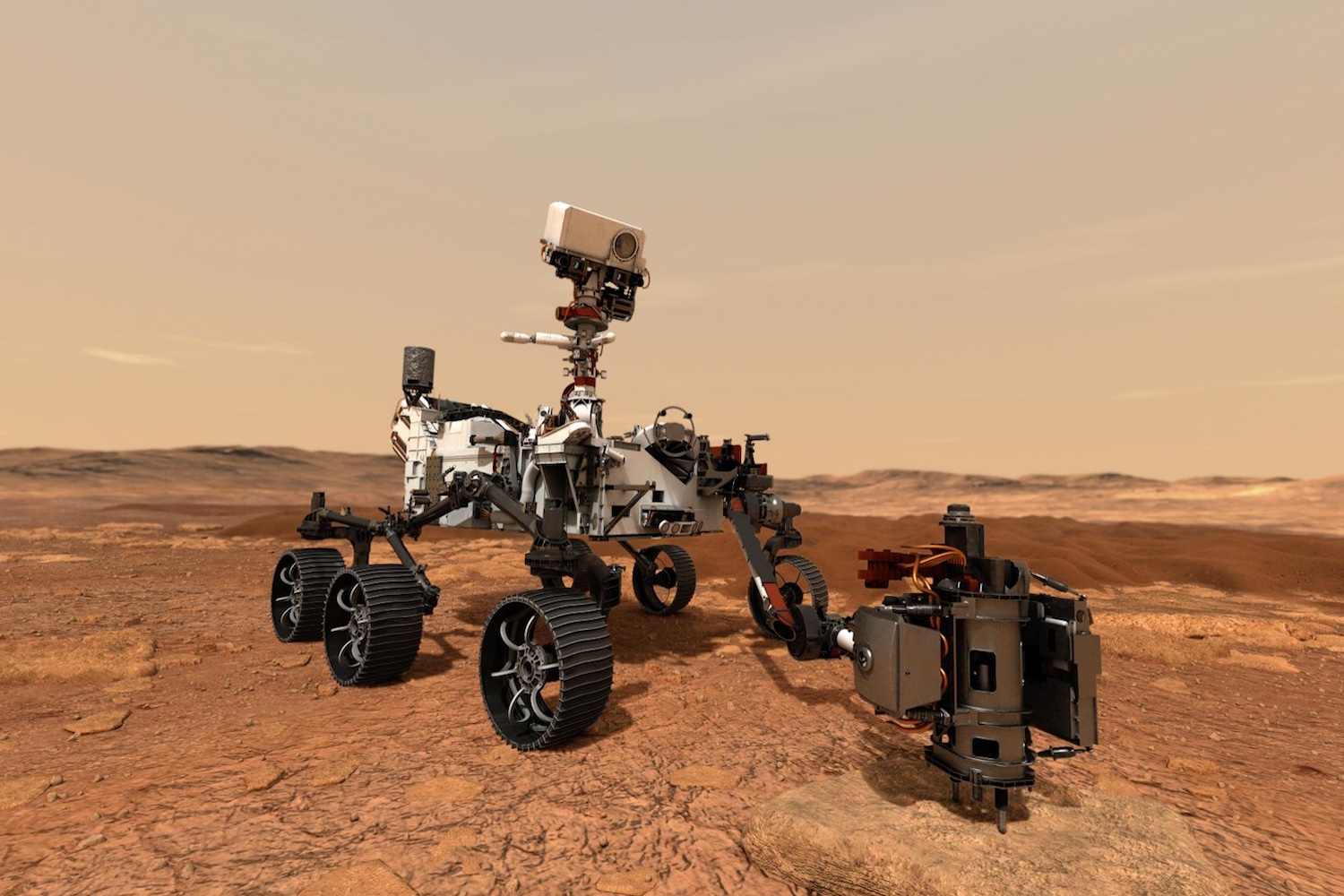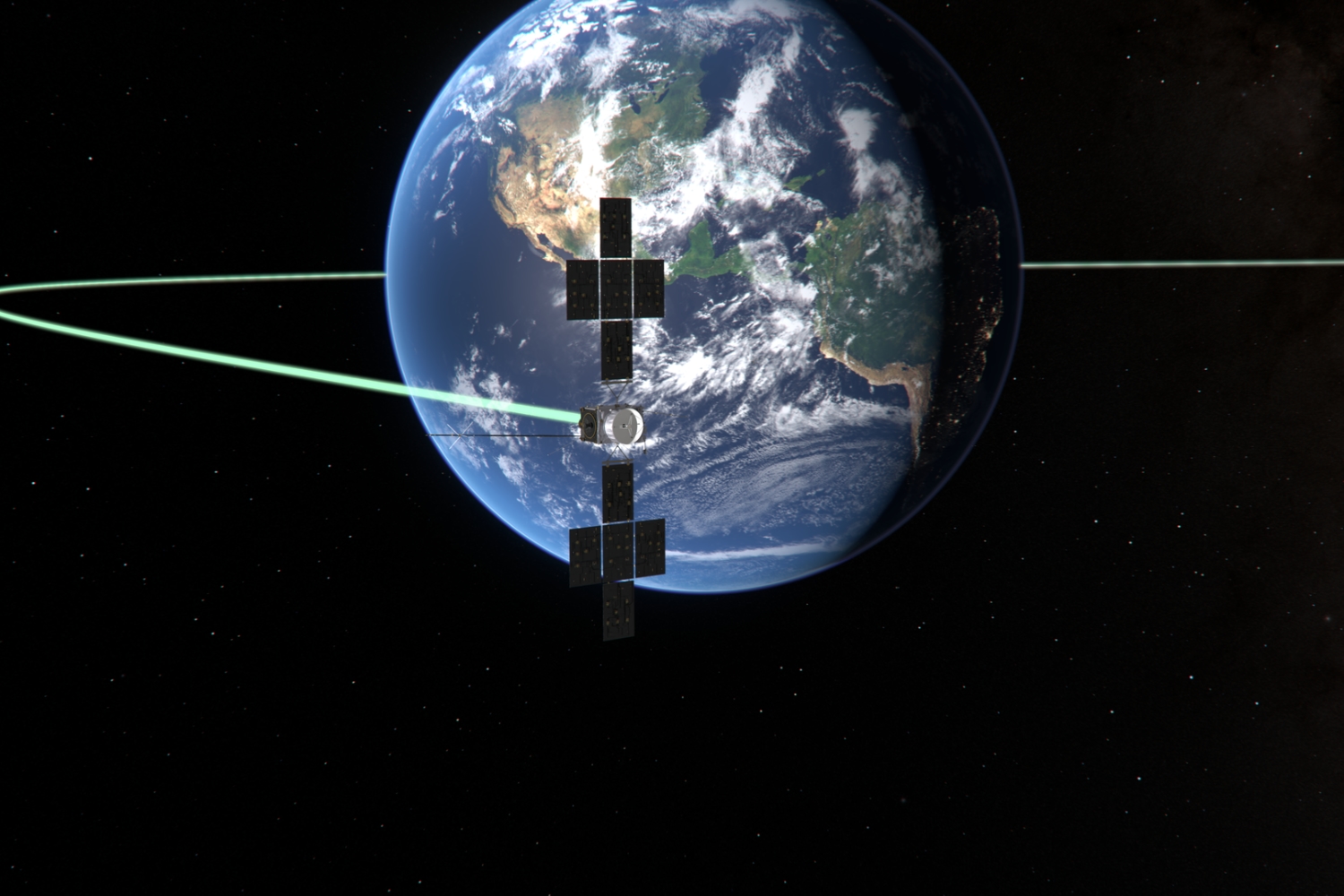The U.S. Space Force is partnering with two companies to launch a demonstration mission of how the military branch would respond to an orbital adversary.
As part of its Victus Haze mission, the Space Force awarded a $32 million contract to Rocket Lab and another worth $30 million to True Anomaly to “exercise a realistic threat response scenario in an on-orbit space domain awareness,” according to a statement issued Thursday.
Rocket Lab will build and launch its own spacecraft using the company’s Electron rocket, while True Anomaly will build a rendezvous and proximity operation-capable spacecraft, as well as provide a command and control center. The mission is scheduled for launch in 2025, and each company will be given its own launch and mission profiles at the time.
Once in orbit, the Space Force will use the two spacecraft to run through scenarios that could be perceived as threatening in space, whether that be a satellite aiming to destroy a U.S. spacecraft or spying on a U.S. military satellite in an attempt to gather intel.
“We recognize the significant opportunity to leverage the commercial space industry’s innovations to counter China as America’s pacing threat,” Col. Bryon McClain, Space System Command’s program executive officer for Space Domain Awareness and Combat Power, said in a statement. “VICTUS HAZE will demonstrate, under operationally realistic conditions, our ability to respond to irresponsible behavior in orbit.”
This reminds us of the Space Force’s official painting of a retro-futuristic battle in orbit that showed a U.S. spaceplane intercepting an “adversary” satellite to stop it from disabling a “friendly” satellite. The Space Force is clearly preparing for an impending battle to take place in the final frontier.
The newest military branch was established in December 2019 as a way to protect America’s growing interests in space. As such, the Space Force is responsible for managing space launches, tracking objects in orbit, and maintaining Global Positioning Satellites and various weather and communications satellites, in addition to fostering the development of space-based capabilities.
All that to the side, the orbital military branch is so ready for a space war.
For more spaceflight in your life, follow us on Xand bookmark Gizmodo’s dedicated Spaceflight page.














